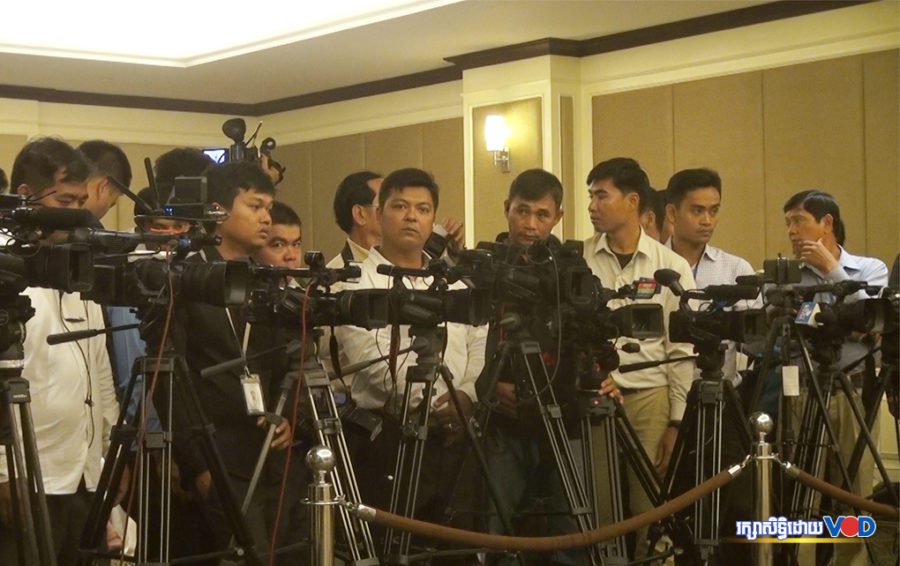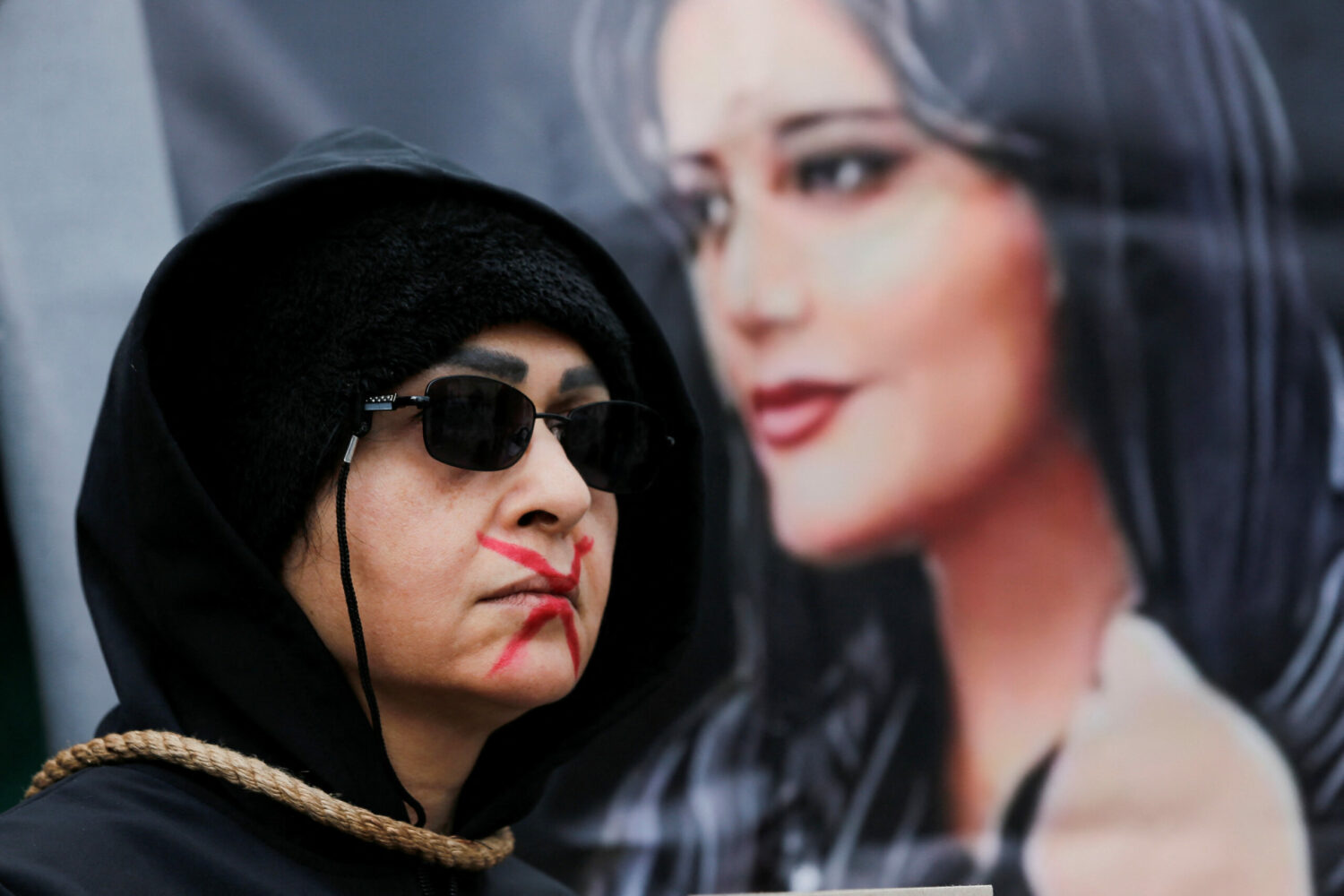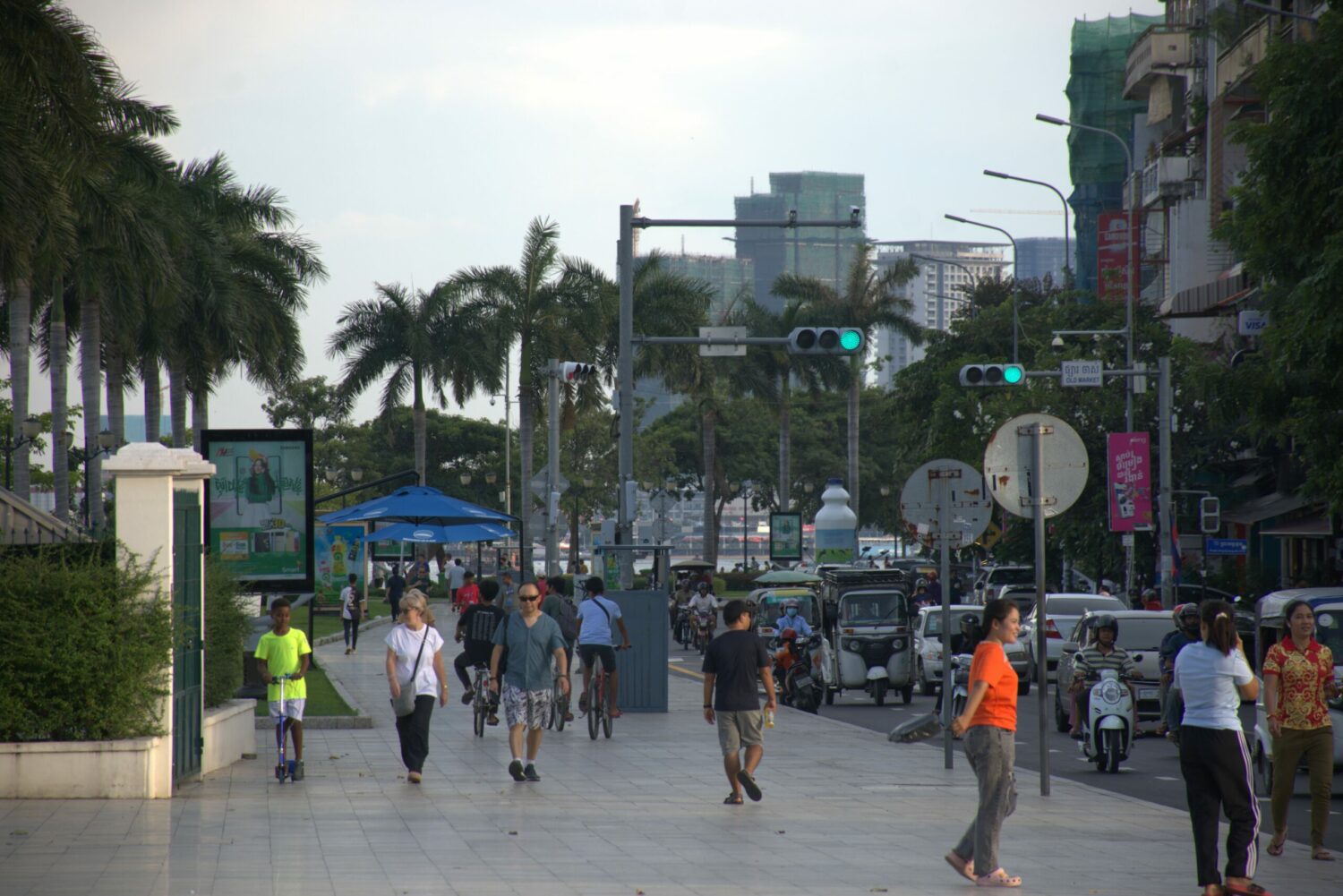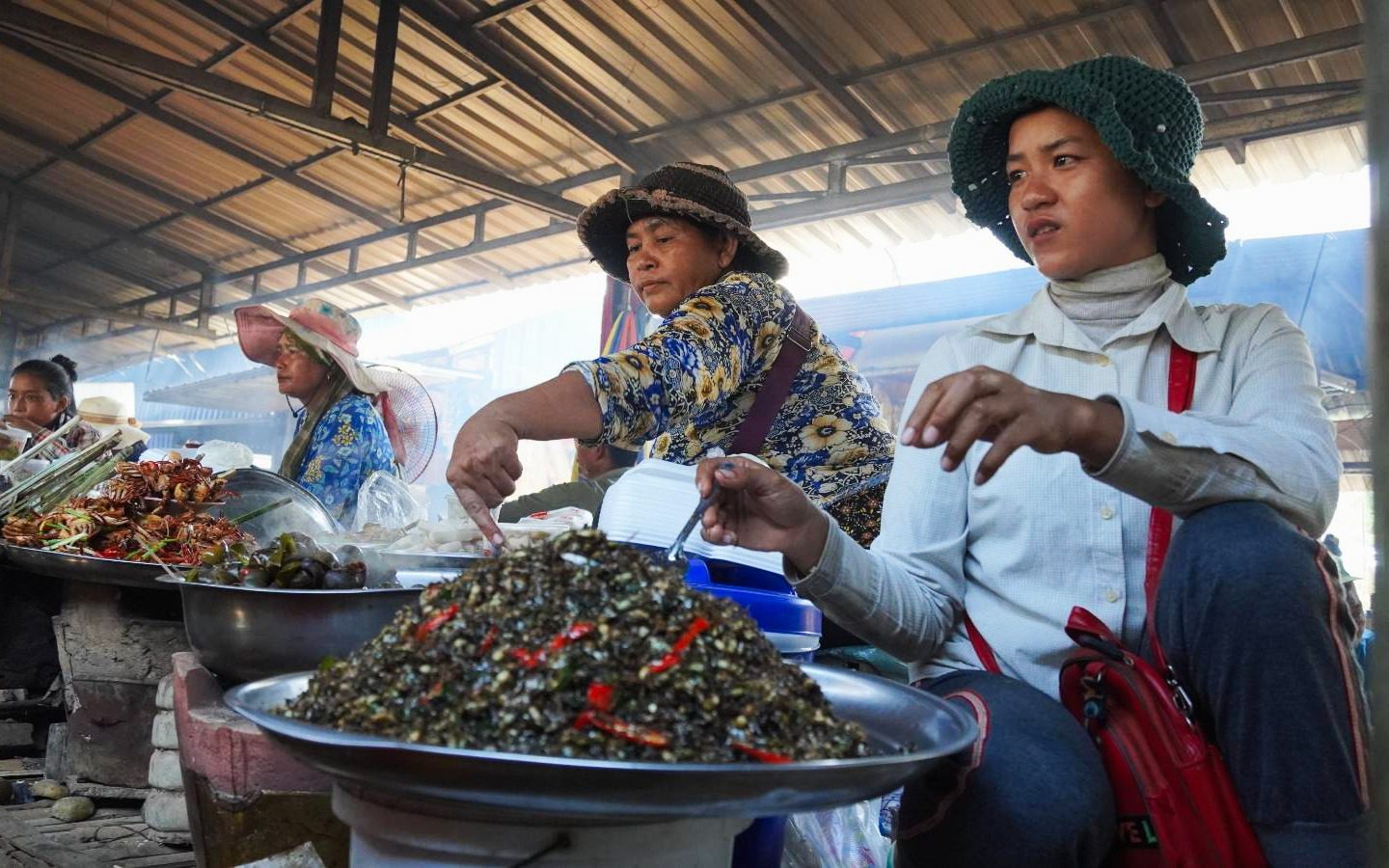 Chenda Kun is a media and journalism educator in Phnom Penh.
Chenda Kun is a media and journalism educator in Phnom Penh.
Cambodia is no different from the rest of the world in that news media play an important role in informing citizens about what’s happening in society.
Local media serve as a bridge between the government and the people, allowing state policies and political issues to be discussed and debated in the public domain. But the media’s actions can result in negative social consequences if news outlets don’t exercise professionalism and ethics.
As the novel coronavirus (nCoV-2019) spreads across the globe, with nearly 25,000 cases confirmed and some 500 deaths, the media have the opportunity to circulate all kinds of news stories on the outbreak, its prevention and social, economic and political impacts.
At the same time, inaccurate and misleading reporting can spark undue panic and cause social confusion. Media must cite reliable sources and include relevant information.
The journalists reporting on the disease must understand key terms and be able to explain them to a mass audience. With disinformation undermining the public’s trust in journalism, reporters must be critical of the sources of information that they use in their articles. Social media sites like Facebook cannot be a journalist’s sole source.
With fewer independent news outlets operating in Cambodia, the journalists working today should firmly maintain strong relationships with official sources like the World Health Organization (WHO) and Cambodia’s Health Ministry, as well as stakeholders including health-care workers, patients, community members and drug companies.
Reporters, like all humans, make mistakes, thus leaders in the newsroom should carefully fact-check their reports. And since few Cambodian journalists have expertise in health, they should consult with medical experts to better understand the new coronavirus strain. In this scenario, the media should not rush to publish in order to beat their main competitors.
When journalists rush their stories and make mistakes, it often ends in avoidable corrections, criticism from the public, which can damage the news outlet’s reputation, and a less-well-informed readership.
As public servants, especially in times of uncertainty, news media practitioners have a responsibility to remember their profession’s mission: reporting true, balanced information in the public interest.













